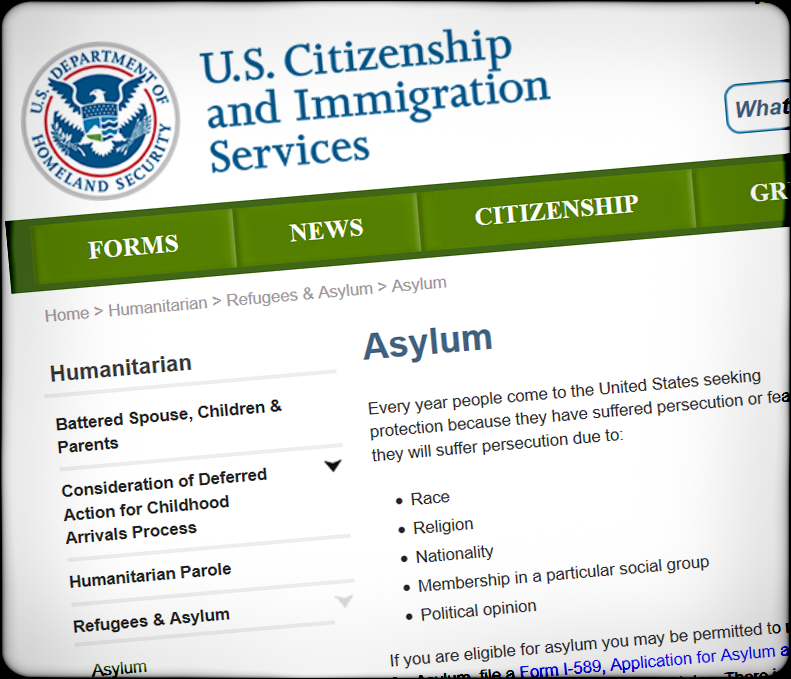WASHINGTON—U.S. Citizenship and Immigration Services (USCIS) announced today that it has received a sufficient number of H-1B petitions to reach the statutory cap for fiscal year (FY) 2011. USCIS is notifying the public that yesterday, Jan. 26, 2011, is the final receipt date for new H-1B specialty occupation petitions requesting an employment start date in FY2011.
 The final receipt date is the date on which USCIS determines that it has received enough cap-subject petitions to reach the limit of 65,000. Properly filed cases will be considered received on the date that USCIS physically receives the petition; not the date that the petition was postmarked. USCIS will reject cap-subject petitions for new H-1B specialty occupation workers seeking an employment start date in FY2011 that arrive after Jan. 26, 2011.
The final receipt date is the date on which USCIS determines that it has received enough cap-subject petitions to reach the limit of 65,000. Properly filed cases will be considered received on the date that USCIS physically receives the petition; not the date that the petition was postmarked. USCIS will reject cap-subject petitions for new H-1B specialty occupation workers seeking an employment start date in FY2011 that arrive after Jan. 26, 2011.
USCIS will apply a computer-generated random selection process to all petitions that are subject to the cap and were received on Jan. 26, 2011. USCIS will use this process to select petitions needed to meet the cap. USCIS will reject all remaining cap-subject petitions not randomly selected and will return the accompanying fee.
On Dec. 22, 2010, USCIS had also received more than 20,000 H-1B petitions filed on behalf of persons exempt from the cap under the ‘advanced degree’ exemption. USCIS will continue to accept and process petitions that are otherwise exempt from the cap. Pursuant to the Immigration and Nationality Act, petitions filed on behalf of current H-1B workers who have been counted previously against the cap will not be counted towards the congressionally-mandated FY2011 H-1B cap. Accordingly, USCIS will continue to accept and process petitions filed to:
- extend the amount of time a current H-1B worker may remain in the U.S.;
- change the terms of employment for current H-1B workers;
- allow current H-1B workers to change employers; and
- allow current H-1B workers to work concurrently in a second H-1B position.
U.S. businesses use the H-1B program to employ foreign workers in specialty occupations that require theoretical or technical expertise in specialized fields such as scientists, engineers, or computer programmers.



